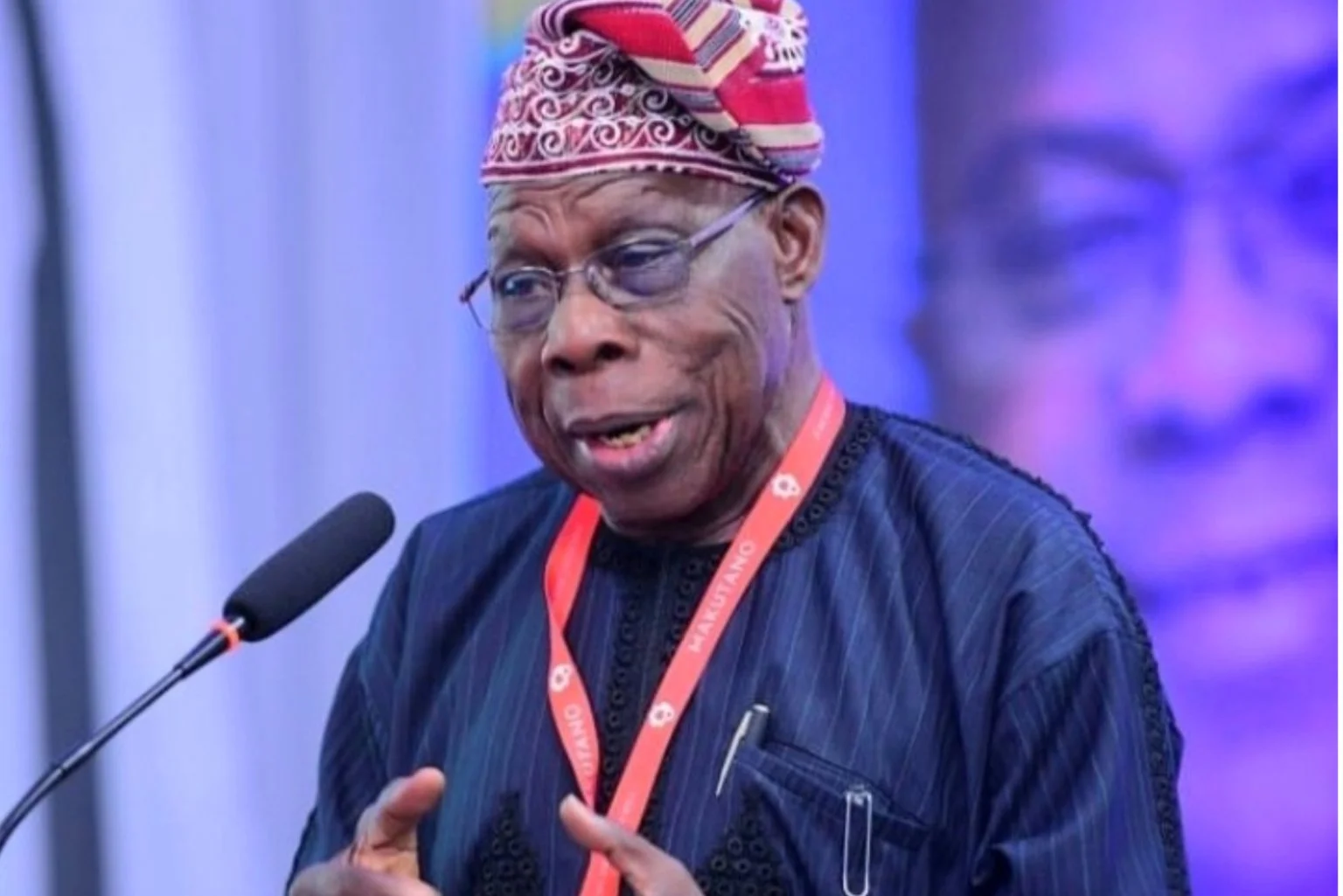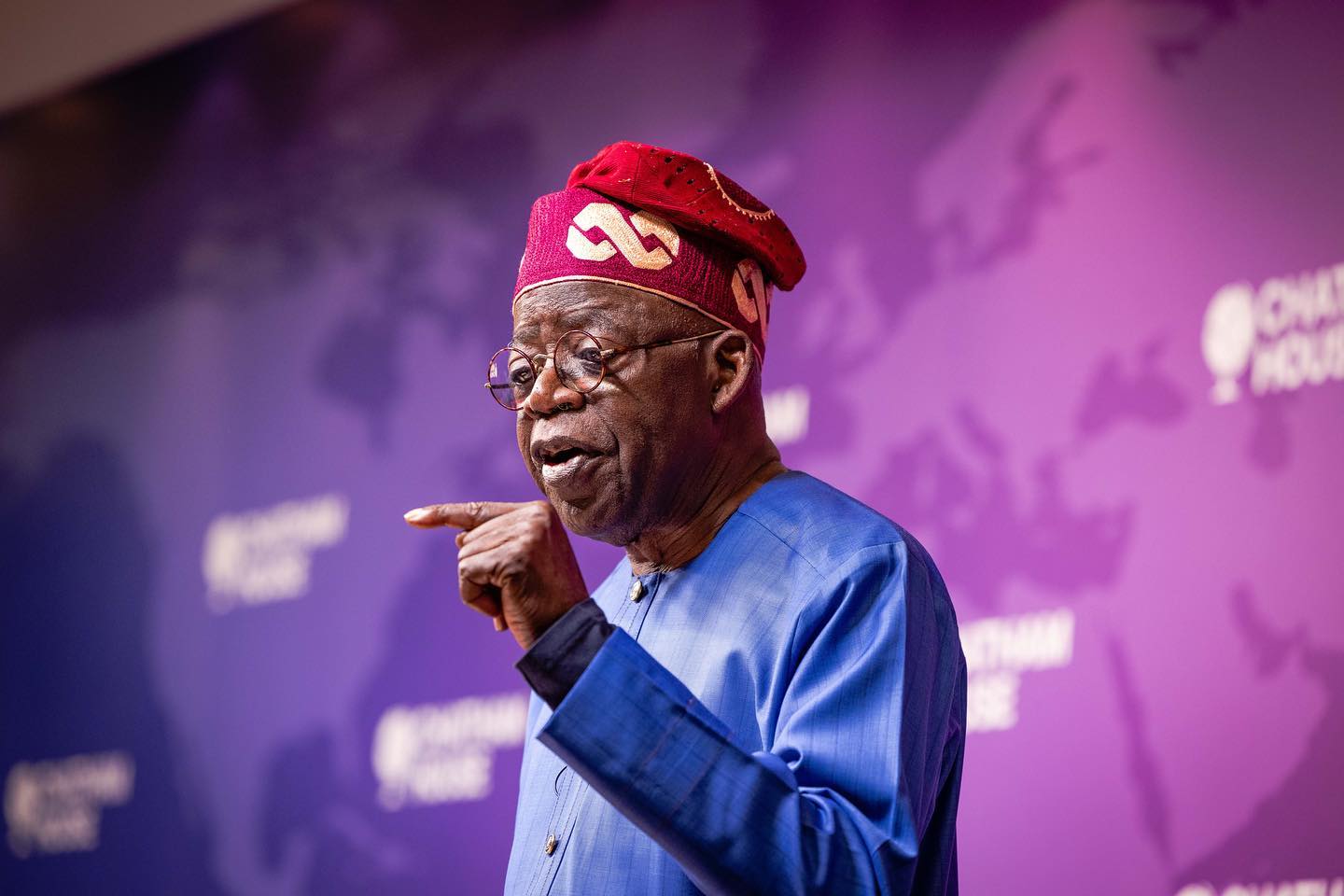The Food and Agricultural Organisation (FAO) has launched its Country Programme Framework for Nigeria (CPF) for 2018 to 2022.
In preparing the documents, the stakeholders identified five key areas priorities in which the organisation could best apply and leverage its knowledge, resources, experience and expertise, Koroma said.
According to him, the priority areas are strengthening National Food and Nutrition Security through enhanced nutrition sensitive and climate smart food systems as well as support for appropriate and operationally effective agricultural policy and regulatory framework.
It also includes support to Nigeria’s economic diversification agenda and promotion of decent employment for youth and women in agricultural value chain and enhances disaster reduction, amongst others.
Koroma said the priority areas are well defined in line with the government’s development objectives as enshrined in the Economic Recovery and Growth Plan (ERGP), the Agricultural Promotion Policy (APP) and other related policy strategic documents.
He said priority areas would represent the main focus of FAO work in Nigeria to achieve Zero Hunger and would be implemented in a way that it would contribute to the attainment of the 2030 agenda for Sustainable Development.
He noted that along with these, FAO would continue to provide support for the creation of enabling policy environment for disaster risk reduction and management.
“FAO will continue to provide support because the population in Nigeria are increasingly exposed to natural disaster, man made crisis and protracted crisis.
“FAO will ensure that the multi-sectoral plans, policies and strategies are based on sex-dis aggregated data and gender analysis,’’ he said.
Also speaking, Chief Audu Ogbe, Minister for Agriculture and Rural Development, commended the efforts of FAO in contributing to the development of agriculture and food security in Nigeria.
He said that for 40 years, FAO has been partnering with government providing technical, policy, financial and administrative support to a wide range of initiatives.
Ogbe said all the support are embedded in national priorities and frameworks such as the Agricultural Transformation Agenda, the current Agricultural Promotion Policy and Nigeria’s Economy Recovery and Growth Plan.
Speakers from various donor agencies and organisations commended the efforts of FAO for the framework and called for its successful implementation, considering the effect of climate change on global food production now and the future.
They noted that climate change is likely to contribute substantially to food insecurity in the future, by increasing food prices, and reducing food production.
They said food may become more expensive as climate change mitigation efforts increase energy prices.
“Water required for food production may become scarcer due to increased crop water use and drought.
“Competition for land may increase as certain areas become climatically unsuitable for production. In addition, extreme weather events, associated with climate change may cause sudden reductions in agricultural productivity, leading to rapid price increases,’’ they said.
They said the rising prices forced growing numbers of local people into poverty, providing a sobering demonstration of how the influence of climate change can result in food insecurity.










